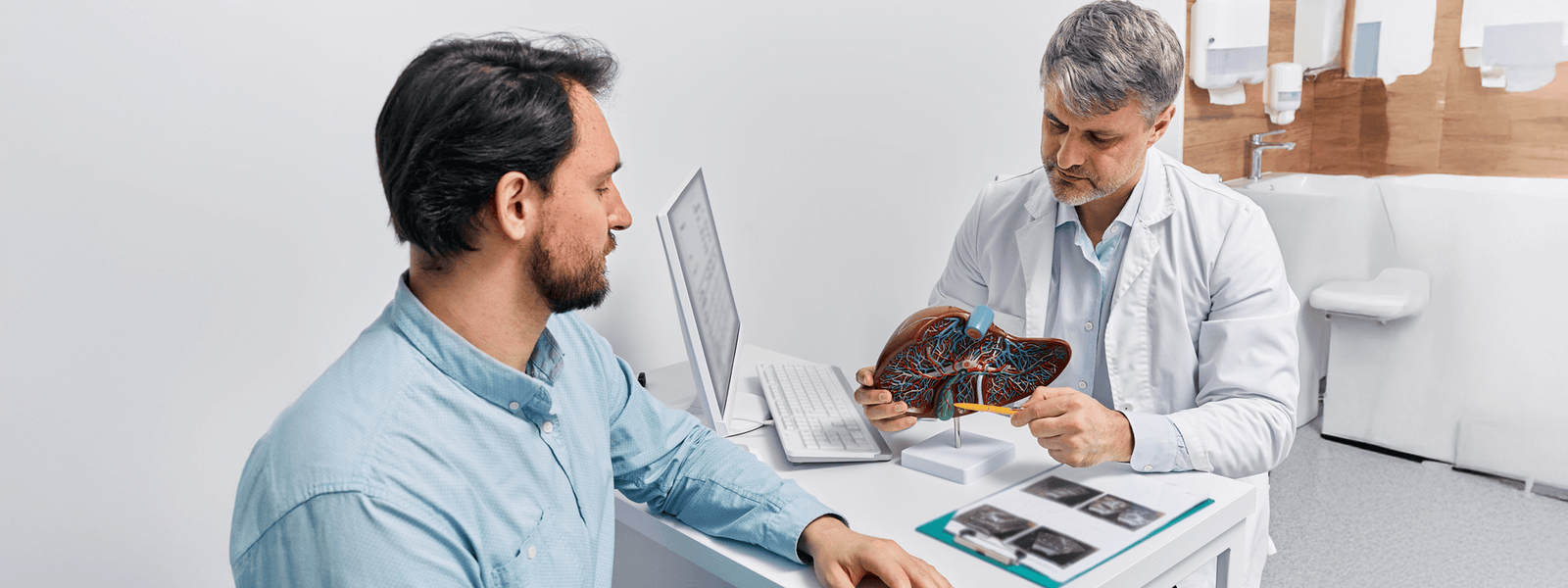In the case of the non-profits, the family spent less than 3 percent of the $187 million raized from donations on supporting cancer sufferers or cancer research, and instead lined their own pockets and spent lavishly – and legally, despite giving expired medications to cancer patients.
“This is as about as bad as it can get: taking money away from cancer victims,” said Jessica Rich, chief of the Federal Trade Commission Bureau of Consumer Protection, about the complaint against Cancer Fund of America, Cancer Support Services, the Breast Cancer Society, and the Children’s Cancer Fund of America. (Ref. 1)
But is that really as bad as it can get? Even better-known organizations targeting cancer could be just as disappointing, experts say.
Researching research
Two-time Nobel Prize winner – and vitamin C proponent – Linus Pauling, PhD, said at least two decades ago that “most cancer research is largely a fraud, and that the major cancer research organizations are derelict in their duties to the people who support them.” Pauling, who passed away in 1994, was hardly alone in his beliefs. (Ref. 2)
The former editor of the New England Journal of Medicine – a leading peer-reviewed journal that is highly regarded throughout the medical community – said that much of the clinical research published in journals like the NEJM is meaningless.
While on the surface, it sounds shocking, there is a great deal of contradiction among most studies.
Part of the problem was illustrated beautifully in “And the Band Played On,” a detailed exploration of the beginning of AIDS research, when countries kept new scientific finds or ideas to themselves rather than sharing with other researchers because if a cure was found, they wanted the acclaim and worldwide attention. Meanwhile, thousands were dying. (Ref. 4)
Scientists have been spending time alone in labs, not working together as a cohesive unit to expand the reach of existing funds or brainstorm ideas from the results of one study that might actually lead to the more detailed research necessary to make a difference.
Failure on the cancer front
According to Dr. John Bailer, who spent 20 years with the U.S. National Cancer Institute, “the national cancer program must be judged a qualified failure. Our whole cancer research in the past 20 years has been a total failure.” (Ref. 2)
Rates of cancer have been steadily going up, and the disease is now the second-leading cause of death in Australia, the United States and the United Kingdom.
Most of the funds donated to cancer research are focused primarily on animal studies, which haven’t led to any of the chemotherapy treatments that have proven successful in cancer treatment. (Ref. 2)
So what about the good news?
In 2007, one of the leading cancer research hospitals in the United States, North Carolina’s Duke University, announced it had discovered a way to match chemotherapy treatment to a patient’s genetics, allowing chemo treatments to better target specific, personal cancer cells.
Five years later, “60 Minutes” found that not only was the data completely fabricated, but it was also used to treat patients at Duke for five years. (Ref. 5)
A corporate problem
While the idea of fake data being used for real treatment is problematic enough, one of the biggest problems with cancer research – and advancements in treatments – is even more insidious.
Most of the cancers that are now killing people are preventable, experts say. The causes are believed to be unhealthy diets, environmental problems, chemicals in water and other toxins, most of which are linked in some way to big business.
“Despite the general recognition that 85 percent of all cancers are caused by environmental influences,” according to researcher Hans Ruesch, “less than 10 percent of the National Cancer Institute budget is given to environmental causes. And despite the recognition that the majority of environmental causes are linked to nutrition, less than 1 percent of the National Cancer Institute budget is devoted to nutrition studies.” (Ref. 3)
So why are there all these close-to-the-vest studies, the fake research and the tossing of money to the wrong projects?
Some say that finding a cure to cancer would end the research funding, the donations, the specialists in the field and the big profits, so staying the course is the preferable course for the industry, if not for society in general.
And one British professor suggests we stop trying to treat it altogether.
“Talking about a cure in terms of elimination is just not very realistic,” said Mel Greaves in an interview with the Daily Telegraph. “There are some examples of it. Childhood leukemia had a cure rate now of 90 percent but that is an exception. There are a few cancers that are curable but most are probably not, including the common carcinomas in adults. We should be a bit more subtle. We should not try to eliminate the cancer, we should try to hold it in check.” (Ref. 6)
Putting us back in charge
By suggesting the way to treat cancer is to hold it in check basically suggests that our own cancer risks for the most part rest in our own hands and genes.
We should do all that we can to help prevent free radicals and other factors from damaging cells by eating a diet rich in fruits, vegetables, fish and high quality dietary supplements, while erasing excess sugar and processed foods and getting the right amount of exercise.
References
1. http://www.thedailybeast.com/articles/2015/05/19/fake-cancer-charities-gave-sick-kids-expired-meds-and-little-debbie-cakes.html
2. http://www.collective-evolution.com/2015/05/11/one-of-the-most-important-scientists-in-the-world-most-cancer-research-is-largely-a-fraud/
3. http://www.pnc.com.au/~cafmr/online/research/cancer.html
4. http://www.amazon.com/And-Band-Played-On-20th-Anniversary/dp/0312374631
5. http://www.cbsnews.com/news/deception-at-duke-fraud-in-cancer-care/
6. http://www.telegraph.co.uk/news/science/science-news/11062255/Lets-stop-trying-to-cure-cancer-says-cancer-professor.html


 Supplements
Supplements Bundles
Bundles

















